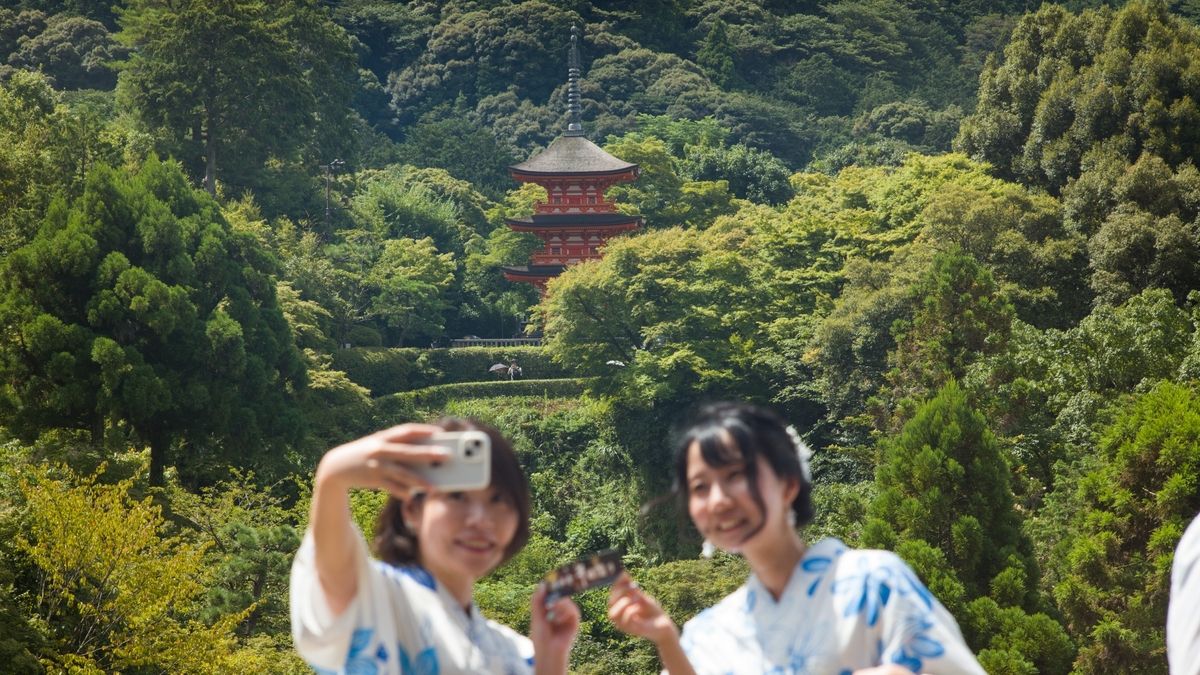From Historical Rivalry to Holiday Hotspot: Korea's Surging Travel Interest in Japan - BNN Breaking

As the calendar flips to the end of February, anticipation builds for the March 1 national holiday in Korea, a day deeply rooted in the history of the 1919 independence movement against Japanese colonial rule. Yet, in a twist of historical irony, this year's holiday is set to mark a significant surge in travel from Korea to Japan, a testament to the complex interplay of history, economics, and culture that defines the relationship between these two nations. The weakening Japanese yen, coupled with geographical proximity, has rendered Japan an irresistible destination for Korean holidaymakers, with travel agencies reporting record bookings and airlines operating at over 90 percent capacity.
The Allure of the Rising Sun: Japan's Appeal to Korean Travelers
Travel giants like Hana Tour and Mode Tour have witnessed a remarkable uptick in interest, with Hana Tour's tour packages to Japan selling out and marking a 170 percent increase from the previous year. Mode Tour isn't far behind, boasting a 95 percent reservation rate, a 35 percent increase from the year before, and a 95 percent recovery to pre-pandemic levels. The preferred destinations have diversified, with Osaka, Fukuoka, Hokkaido, and Okinawa leading the pack, indicating a shift in travel preferences among Korean tourists. The rise in travel is underpinned by Japan's cost-effectiveness and its cultural appeal, with Korea standing as the top source of inbound tourists to Japan as of December 2023.
A Historical Perspective: Beyond the Surface
Despite the vibrant buzz of travel arrangements and the allure of cherry blossoms and sushi, the surge in travel during a period commemorating independence from Japanese colonial rule raises poignant reflections on the historical tensions between Korea and Japan. The phenomenon represents a fascinating evolution in bilateral relations, moving from a stance of 'NO Japan' to a 'GO Japan' attitude, as highlighted by various analysts. This shift underscores a broader trend of reconciliation and pragmatism, where historical grievances are progressively balanced against contemporary economic and cultural synergies. The narrative of Korean travelers flocking to Japan during a historically significant holiday speaks volumes about the complex tapestry of memory, identity, and modernity that characterizes the relationship between these two nations.
Looking Ahead: Implications for Korea-Japan Relations
The anticipated influx of Korean tourists to Japan, estimated at around 10 million this year, not only signifies a boon for Japan's tourism sector but also poses intriguing questions about the future trajectory of Korea-Japan relations. As both countries navigate their shared history and explore avenues for cooperation, the role of tourism as a bridge in soft diplomacy cannot be understated. The increasing people-to-people exchanges may foster mutual understanding and contribute to a gradual thawing of historical tensions. However, the sustainability of this trend depends on the economic factors that currently favor Japan as a travel destination and the evolving political dynamics between the two nations.
In the grand tapestry of Korea-Japan relations, the surge in travel from Korea to Japan around the March 1 national holiday is a vivid illustration of how far we have come and how much further we have to go. It encapsulates the complexities of reconciliation, the potential for cultural exchange, and the ever-present influence of economic factors. As we observe this trend, it's essential to remember the nuanced history that shapes these movements and the future possibilities they herald for both nations.
from "holiday" - Google News https://ift.tt/RTbOg23
via IFTTT
Comments
Post a Comment